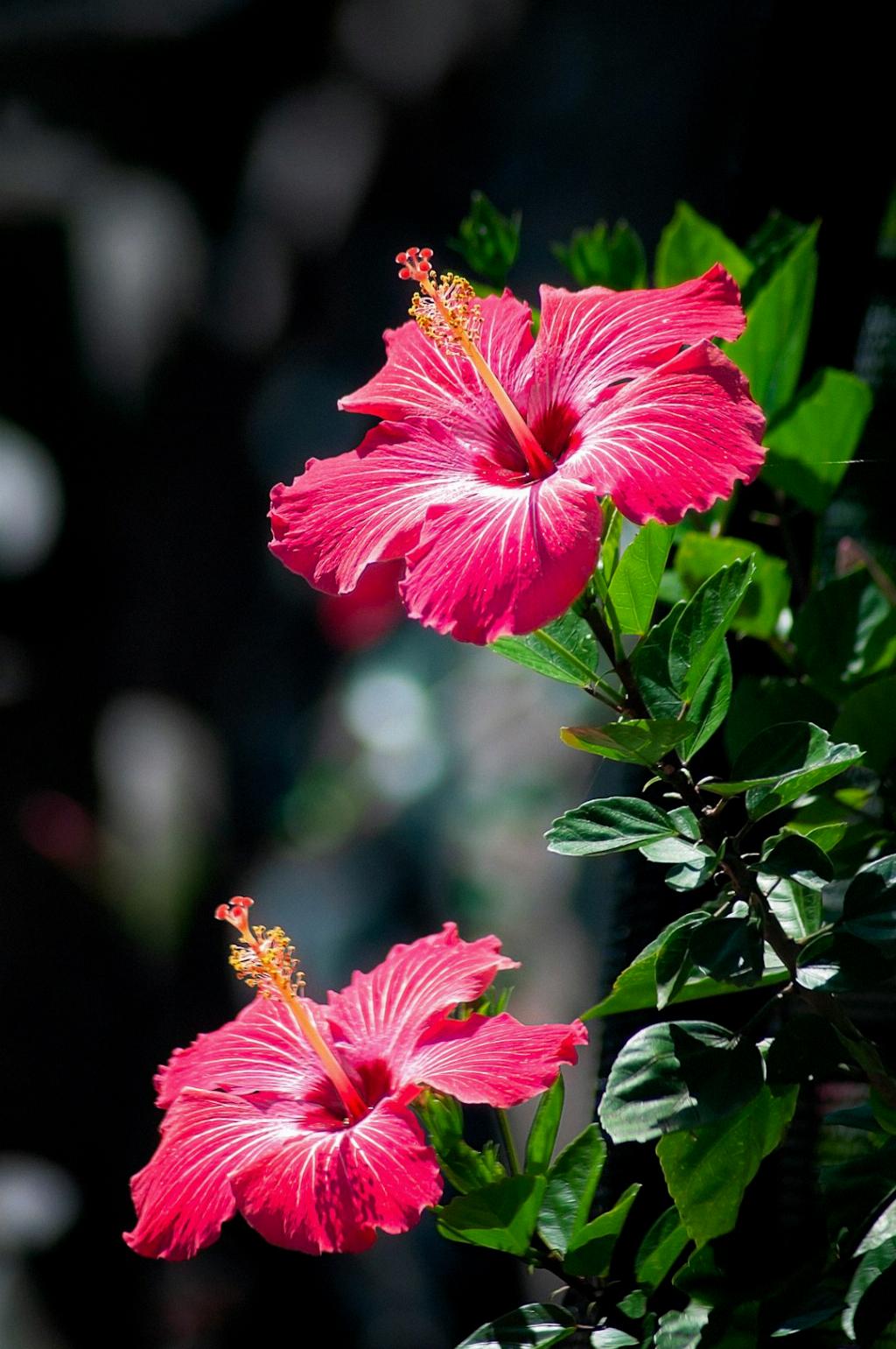When it comes to using coffee grounds in your gardening routine, there can be some debate on whether they are beneficial for certain plants, like hibiscus. However, based on the scientific understanding of the acidity levels and nutrient content in coffee grounds, it is safe to say that hibiscus plants can benefit from the application of coffee grounds in moderation.
One key factor to consider when deciding to use coffee grounds on your hibiscus is the pH level of the soil. Coffee grounds are known to be slightly acidic, which can be advantageous for acid-loving plants such as hibiscus. These plants thrive in soil that is slightly more acidic, with a pH range of around 5.5 to 6.5. The acidic properties of coffee grounds can help lower the pH of the soil slightly, creating a more favorable environment for hibiscus to grow and flourish.
Additionally, coffee grounds also contain essential nutrients that can benefit hibiscus plants. Nitrogen, phosphorus, and potassium are all present in coffee grounds, which are important macronutrients for plant growth and development. When incorporated into the soil, these nutrients can help promote healthy foliage, vibrant blooms, and overall plant vigor in hibiscus plants.
It is important to note that while coffee grounds can be beneficial for hibiscus, moderation is key. Excessive use of coffee grounds can lead to over-acidification of the soil, which may have negative effects on plant health. To avoid this, it is recommended to mix coffee grounds with other organic matter, such as compost, to help balance the pH levels and ensure optimal growing conditions for hibiscus.
When applying coffee grounds to your hibiscus plants, it is best to do so in a way that allows for gradual decomposition and nutrient release. This can be achieved by spreading a thin layer of coffee grounds around the base of the plant, being careful not to pile them up in one spot. Over time, the coffee grounds will break down and enrich the soil, providing a steady supply of nutrients to support healthy hibiscus growth.
Another benefit of using coffee grounds in your garden is their ability to attract earthworms. Earthworms play a crucial role in soil health by aerating the soil, improving drainage, and breaking down organic matter. By incorporating coffee grounds into the soil, you can create a more hospitable environment for earthworms, which in turn contributes to overall soil fertility and plant growth.
Furthermore, coffee grounds can act as a natural deterrent for certain garden pests. The strong scent of coffee can help ward off pests like slugs, snails, and ants, which may otherwise damage hibiscus plants. By using coffee grounds strategically in your garden, you can help protect your hibiscus from potential pest infestations without resorting to chemical pesticides.
It is advisable to source your coffee grounds from organic, pesticide-free sources to ensure that you are not introducing harmful substances into your garden. Using organic coffee grounds can help maintain the ecological balance of your garden and promote the overall health of your hibiscus plants without the risk of chemical contamination.
In conclusion, based on the acidity levels, nutrient content, and potential benefits of using coffee grounds in gardening, it can be affirmed that coffee grounds are indeed good for hibiscus plants when used judiciously. By incorporating coffee grounds into the soil in a mindful and balanced manner, you can provide your hibiscus with essential nutrients, promote soil health, and deter pests naturally, ultimately helping your plants thrive and flourish.

